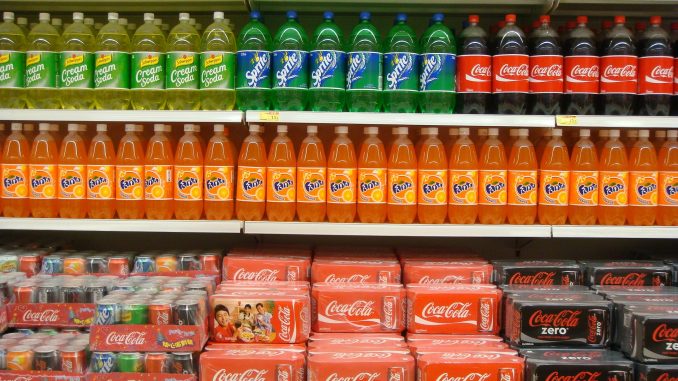
In 2017, Philadelphia became the second city in the US to introduce a tax on sugary beverages and soda. And the results show that similar measures could be used in other states to reduce overall consumption.
According to a study published in JAMA, the tax has resulted in sales of sugary drinks falling by an estimated 51% in the first year.
The study looked at costs and sales in Philadelphia following the 1.5 cents per ounce tax, which another town – Baltimore – which doesn’t have the tax in place, but has a similar demographic.
There was an increase in sales of sugary drinks in Philadelphia’s neighbouring towns, which was accounted for when the researchers calculated the outcome.
Last year, Chicago had a similar tax in place. However, it was repealed after just two months after a legal battle between the soda industry, public health groups, and politicians.
According to the CDC, half of American consumers consume sugary drinks every day. The high sugar intake has been associated with a range of health conditions, including type 2 diabetes and high cholesterol. Around 12% of adults in the US are affected by diabetes.
Health groups have been calling for limits to how children and teens are able to access drinks that are sugar-sweetened, and the soda tax is part of it.
The author of the JAMA study noted: “We have tried, and failed, to curb sugary drink intake through education and individual choices alone. Just like policy changes were necessary and effective in reducing consumption of tobacco and alcohol, we need policy changes that will help reduce sugary drink consumption in children and adolescents.”
Elsewhere, communities and towns that have had similar taxes implemented have seen similar outcomes, and consumption has fallen. It’s hoped that it could be used to encourage more Americans to adopt a healthier lifestyle.


Leave a Reply